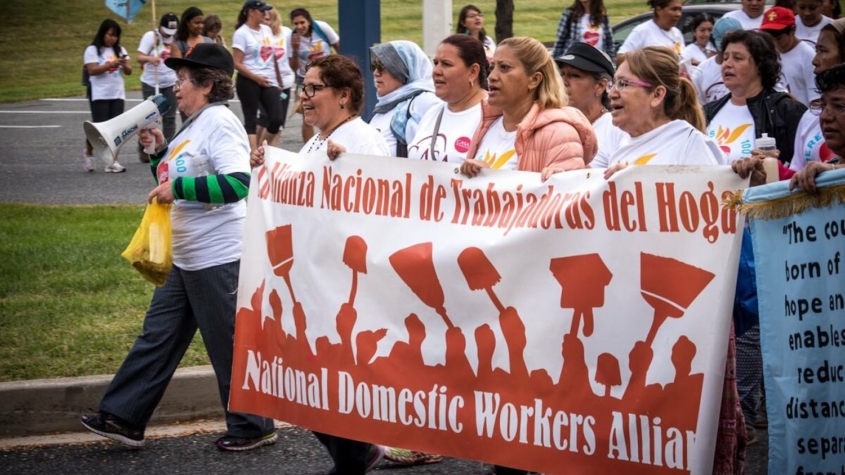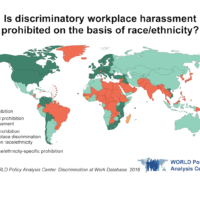Informal Laborers Around the World Are Organizing to Win Rights
A UCLA-led study of informal laborers in six countries found that, despite differences in local laws and cultures, domestic workers and construction workers are often exploited by their employers because government labor protections are weak or not enforced. However, the study also found that the laborers share common organizing strategies that can improve their work conditions and their lives. Urban Planning Chair Chris Tilly co-authored the report, which looked at informal employment in China, India, Mexico, South Africa, South Korea and the United States. The report focused on workers from two sectors with distinct gender differences: construction and domestic work. These informal workers, who are most often migrants, typically do not have access to protection by standard employment laws and social security-like programs. “This research confirms that informal workers can successfully organize and win rights,” Tilly said. “It offers lessons on strategy for workers in these two sectors and beyond, and it helps us understand how and why organizing approaches differ across sectors and countries.” Tilly pointed to the United States as an example of a country where domestic workers continue to be excluded from core labor standards such as meal breaks, overtime pay and an eight-hour workday. By contrast, construction workers were covered by labor laws in every country in the study, yet they were often victims of exploitation — unless they mobilized to demand protections. The report is a collaboration between the UCLA Institute for Research on Labor and Employment and the Center for Global Workers’ Rights at Penn State. — Citlalli Chávez-Nava










Leave a Reply
Want to join the discussion?Feel free to contribute!